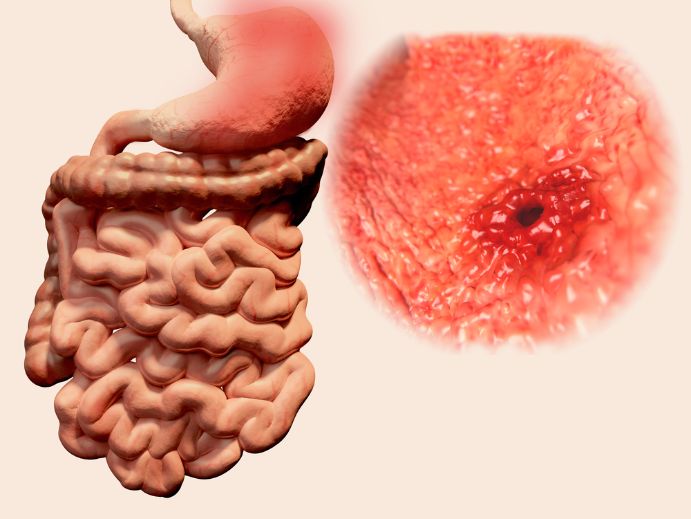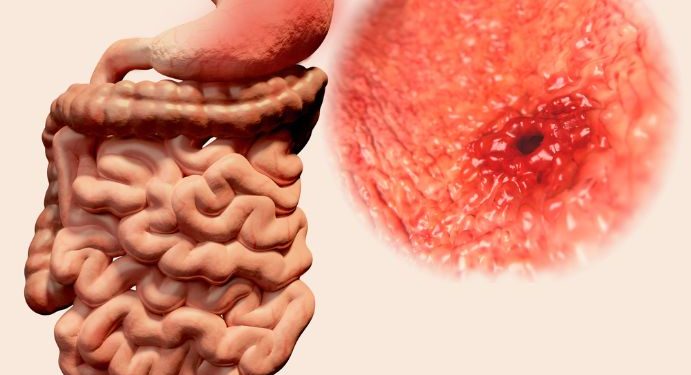Stress ulcer symptoms are a broad range, from a minor ulcer that doesn’t cause any problems to a severe one that can be life-threatening. They are usually found in people who are sick and facing health emergencies, but a person can have a stress ulcer even if he or she is healthy.
They can appear after a sudden injury or illness and are common in patients with other medical conditions, including those in the intensive care unit (ICU). These ulcers occur because of physiological stress, which is the body’s response to a physical threat.
Physiological stress causes increased acid production in the stomach and can also aggravate certain foods, such as spicy or fatty ones. It may also lead to a greater risk of peptic ulcers.
These ulcers form in the stomach or duodenum, and are usually caused by infection with the bacterium H. pylori, which is often treated with clarithromycin or metronidazole. Other causes include long-term use of nonsteroidal anti-inflammatory drugs (NSAIDs), such as ibuprofen and aspirin, and the use of alcohol.
When you have a stomach ulcer, it can cause pain, nausea, vomiting, and a feeling of fullness in your stomach. You may also have a fever or chills and find it difficult to eat. Your doctor can check for an ulcer by performing upper endoscopy, a thin tube with a camera on one end that takes pictures of your stomach and small intestines.

Your doctor can also take x-rays of your stomach and small intestine to look for signs of an ulcer. These x-rays are called an upper gastrointestinal (GI) series.
If your doctor thinks you have an ulcer, he or she will tell you what to do. Treatment includes antacids, which neutralize acid. These medications, which are sold without a prescription, include Maalox and Mylanta. These medicines can help ease the discomfort and pain of an ulcer, as well as prevent it from reoccurring.
He or she may also give you a nasogastric tube, which is a thin, flexible tube that’s placed through your nose down into your stomach. The tube helps reduce the pressure on your stomach and allows it to heal.
The tube can also be used to treat a more serious complication, such as an ulcer that’s causing a hole in your stomach or oesophagus. Other treatment options include using a medication called a proton pump inhibitor, which block acid production in the stomach.
If you have a stress ulcer, it’s important to talk to your doctor about how to manage it. It can be a difficult condition to live with, but it can be cured if you and your doctor work together. If you have a stressful job, you can try meditation to relieve stress and relax your body and mind. It can also help you sleep better, which is another key factor in reducing stress.









